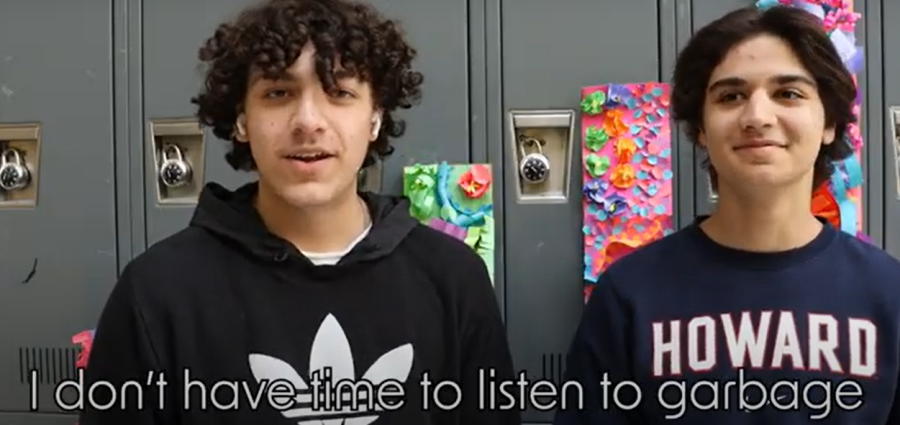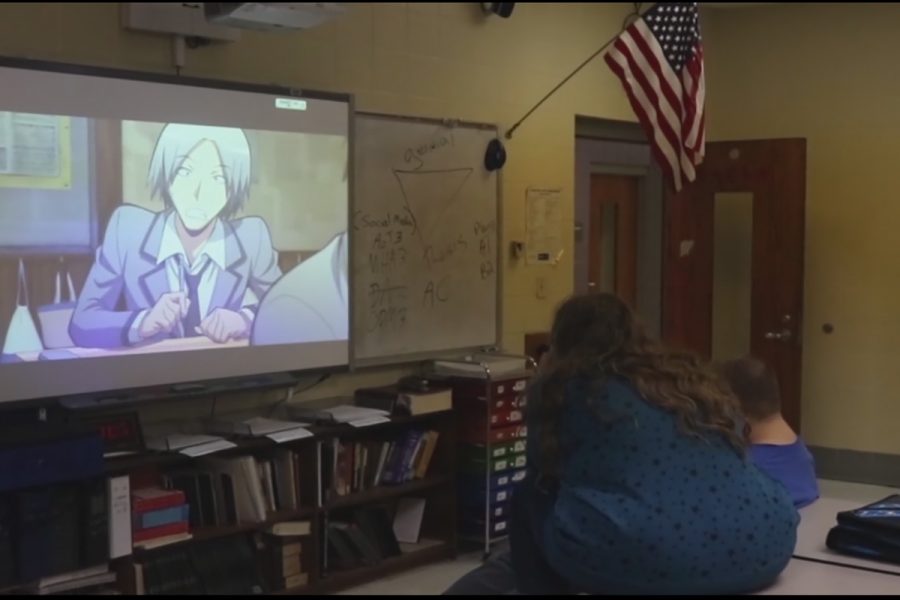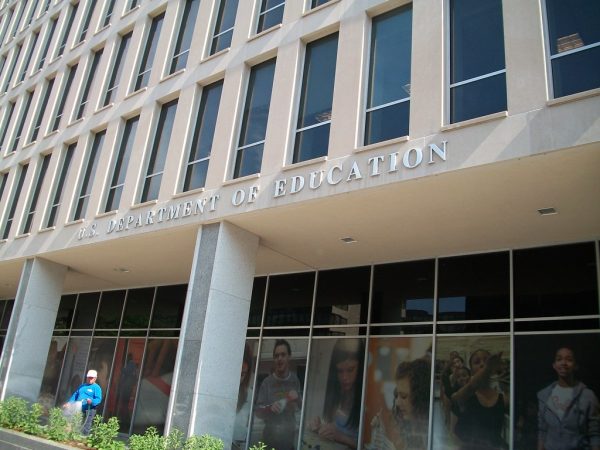Federal Government Shuts Down
It has been almost a week since several federal agencies of the United States government shut down after Congress failed to concurrently pass the budget appropriations bill for the 2014 fiscal year, leaving many federal employees unemployed and many citizens frustrated.
The shutdown is the result of a dispute over the Affordable Care Act, or ‘Obamacare,’ the healthcare reform bill signed into law in 2010, between Democratic and Republican members of Congress. As early as Sept. 24, Senator Ted Cruz, Republican from Texas, spoke for 21 hours against a Senate measure to continue current funding levels for the government, including the programs of the Affordable Care Act.
“I intend to speak in support of defunding Obamacare, until I am no longer able to stand,” said Cruz at the start of his speech.
The measure passed in the Senate and was later rejected by the Republican-controlled House of Representatives. A late offer for both houses to conference, or sort out their differences, over the resolutions did not come with enough time to prevent the shutdown.
While vital functions of the federal government will continue, such as Social Security payments, military operations and law enforcement activities, among others, millions of federal workers will either go without pay or without work until the shutdown ends. In addition, national parks, such as Kentucky’s own Mammoth Cave, will remain closed.
Funds for these programs come from ‘discretionary spending’, or federal money that must be directed by Congress to programs and that is not automatically given to the agencies of government
every year. Programs unaffected by the shutdown are either funded automatically or have already have had their funding approved by Congress.
Although Dunbar and Fayette County Public Schools exist at the state and local levels, separate from the federal government, and are thus are not directly affected by the shutdown, a long-term shutdown of the federal government could begin to affect education in Fayette County and around the country.
Title I funding for schools, provided by the United States Department of Education, will be affected after the first week of October. After the first week, the Department of Education will be unable to make further payments to school districts.
Fayette County currently contains several schools that receive assistance through the Title I program that could possibly be affected, along with school districts around the country.
Other federal education programs may run out of funds within the next few months. While most of these programs’ payments have already been made, interruptions in payment cycles could interfere with education programs in the long-term.
Efforts to reach a compromise in Congress have so far been unsuccessful. The ‘clean continuing resolution’ promoted by the Senate to fund all existing programs has not been brought to the House for a vote. Voting on a measure to fund the national parks, Department of Veterans Affairs, and the District of Columbia failed in the House of Representatives just as the Democratic leaders of the Senate asserted that any negotiations about the Affordable Care Act must be separate from the shutdown.
President Obama, meanwhile, has offered a similar position.
“Nobody gets to hurt our economy…over a law you don’t like,” President Obama said.
However, the debt ceiling, another Congressional measure that limits the amount of debt that the government can hold for funds that has already been spent, needs to be raised by October 17 or the federal government will be unable to pay its debts. This would force the government to go into default, an event which most analysts feel would devastate America’s already fragile economy.
The federal government has shut down 18 times, but has never defaulted on its debts.
“I don’t expect to get there,” Obama said, referring to a default.
However, with two political sides embroiled in conflict, analysts and businessmen are becoming increasingly concerned. Recently, certain Republicans have proposed extending the negotiations into the debt ceiling debate.
“We have to get something out of this,” said Representative Marlin Stutzman, Republican of Indiana, about the negotiations. “We’re not going to be disrespected.”



























